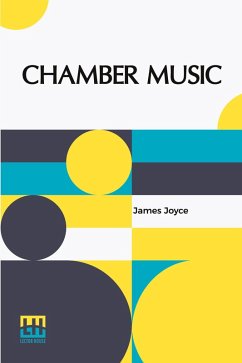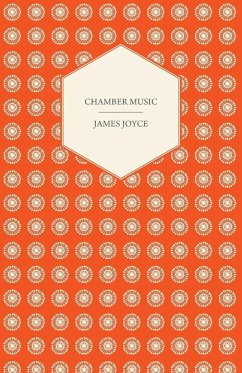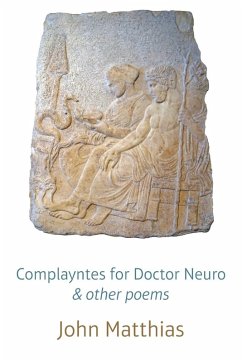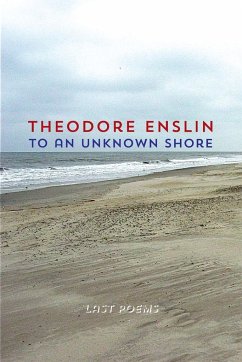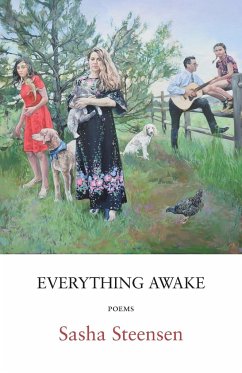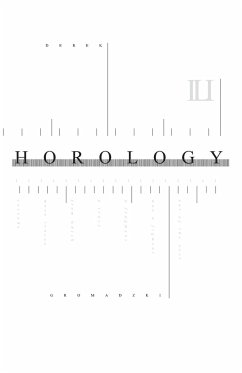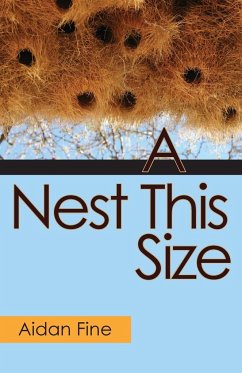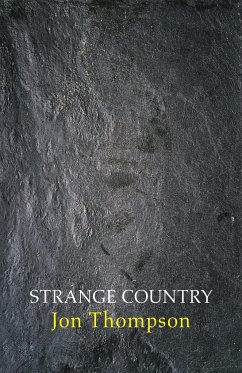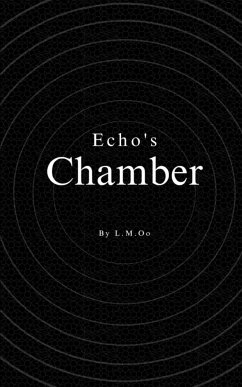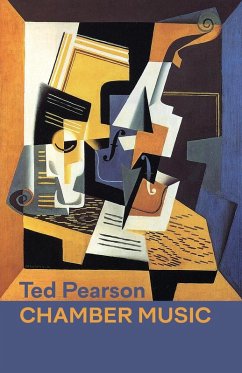
Chamber Music
Versandkostenfrei!
Versandfertig in 1-2 Wochen
15,99 €
inkl. MwSt.

PAYBACK Punkte
8 °P sammeln!
"Let us posit that the fate of poetry is the fate of the world, such that when the poet contemplates his mortality this actuality is conjoined to an unknown future of world that is yet not a mere abstraction or mystery. Chamber Music is thus marked by the poet's quest under the aegis of desire and poetic knowledge conjoined to the politics of time and knowledge under global capitalism; in which, for instance, 'the reader,' in copious debt for their education turns the leaves of a book of poems with frozen fingers. Pearson's tragic-lyric-comic, ever-inventive poem series begins with a simple ep...
"Let us posit that the fate of poetry is the fate of the world, such that when the poet contemplates his mortality this actuality is conjoined to an unknown future of world that is yet not a mere abstraction or mystery. Chamber Music is thus marked by the poet's quest under the aegis of desire and poetic knowledge conjoined to the politics of time and knowledge under global capitalism; in which, for instance, 'the reader,' in copious debt for their education turns the leaves of a book of poems with frozen fingers. Pearson's tragic-lyric-comic, ever-inventive poem series begins with a simple epigraph by composer Alban Berg, 'Music is at once the product of feeling and knowledge.' Feeling and knowledge in Pearson's oeuvre arrive in exquisite feats of transposition including of idea and execution in music to poetry and back again. Consider this brilliant fusion wherein the intimacy of chamber music is drawn into the relationality of jazz: 'The tenor preached to the converts,/a mix of joy and pain. The drums/were as crisp as the tip of a whip/while the bassist walked the refrain. Then, the piano, soft and low, /showed us another way to go.'" -Carla Harryman "The poem as incremental paradise. Precisely what we find here in the six chambers of this music - the human writing, singing in the discrepancy between language and the world. A discrepancy erased in the power of the poem, its song and rhythm, silences punctuating sound, lifting the lids of the coffins in which we, Mallarmé's dying poets, live. Traces of Guido and Catullus, instances of the dead, come, at the behest of one dead fly, to give anima to us who, but for poetry, would only die. While, in that, mystifications are rigorously deflated on every page, a skepticism that, however, does not deny techné, whether science or form. For what is certainty but avowal of finely-wrought form? So let it be avowed: there are many finely-wrought forms here, in this chamber music. Listen and know: poetry is alive and doing what it does well." -Larry Price



